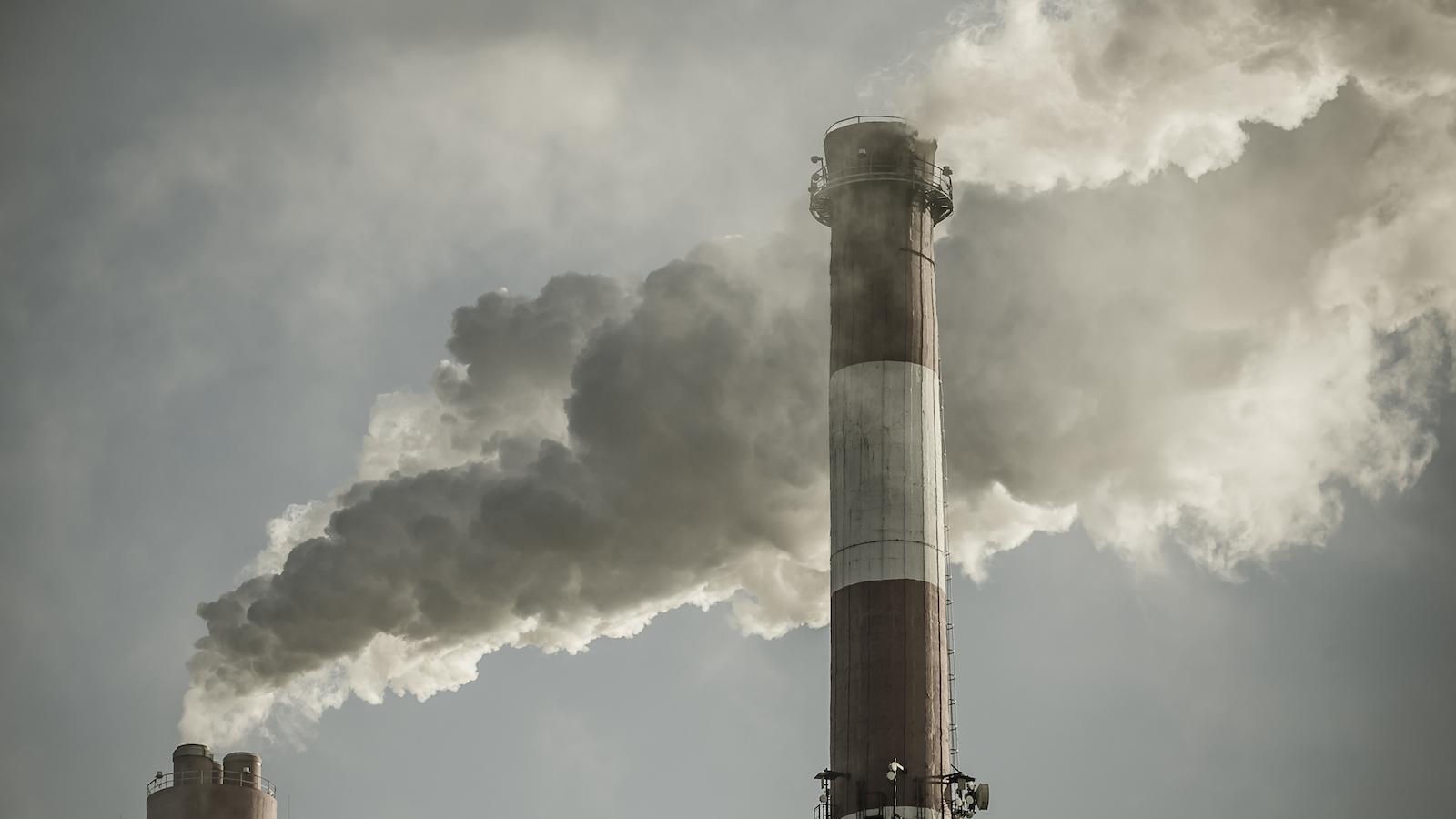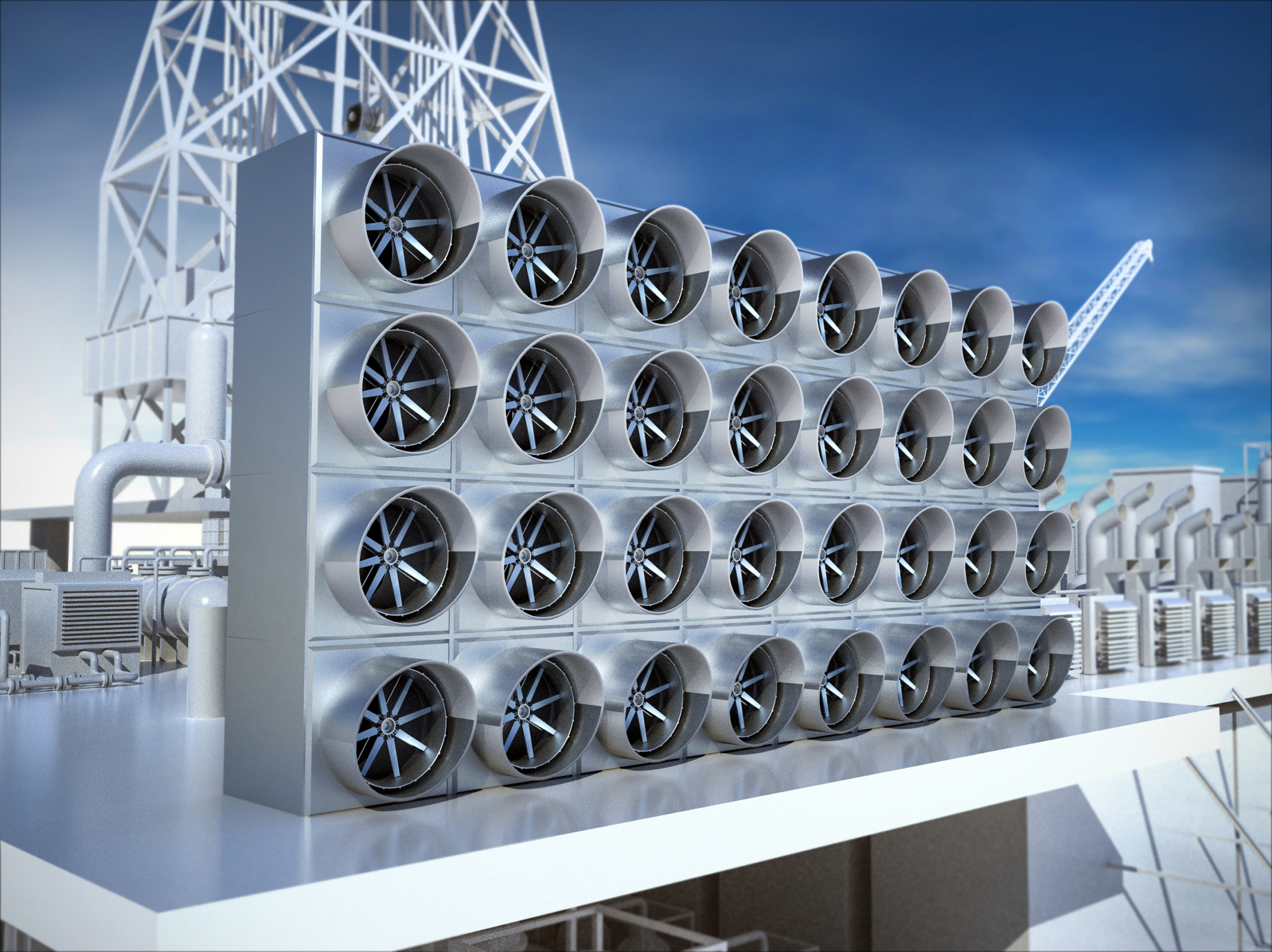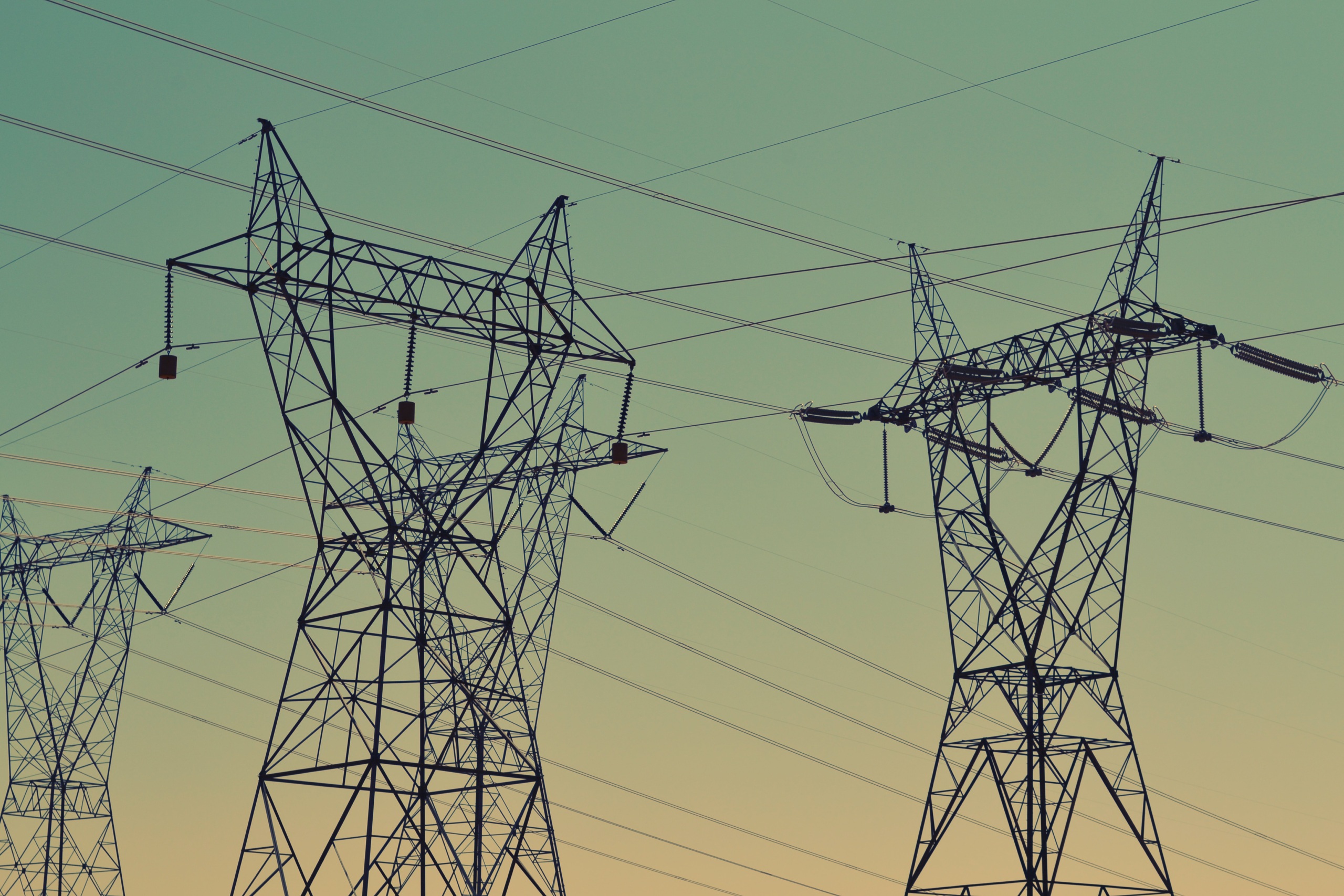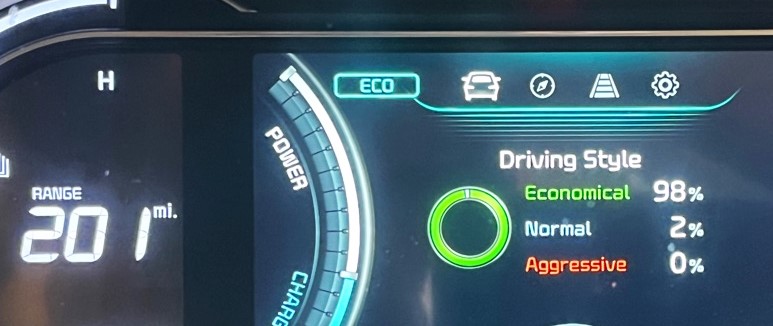Testimony: Plastic to Fuel Ban
Our testimony in support of HB 21, a bill to ban plastic to fuel facilities in Maryland, sponsored by Delegate Love.

HB21 – Environment – Recycling – Prohibition on the Chemical Conversion of Plastic
Environment and Transportation Committee
January 29th, 2021
Position: Favorable
Environment Maryland, Maryland PIRG, Clean Water Action and the undersigned organizations strongly support this bill to prevent new facilities in Maryland to create a new way to burn fossil fuels. So-called “plastic recycling,” or more accurately called “plastic to pollution” is bad for the environment and public health and antithetical to our goals of stopping global warming and moving towards zero-waste.
Burning More Fossil Fuels
This year, we saw wildfires consume half of our country. Flooding worsens in our cities, sea level rise continues to threaten Maryland’s coastal communities, summers are hotter, and weather events are more severe. Climate change is here, and it’s now. This is why it is absolutely critical that our state legislature takes swift action to stop chemical “recycling” processes from coming to our state. Allowing this infrastructure to take hold here would be devastating for our climate, dangerous to our communities, and will set us back in our fight against plastic pollution and fossil fuel use.
Maryland has set ambitious goals to fight climate change – from renewable energy commitments and banning fracking to reducing our single-use plastic use through a ban on polystyrene foam, we are working hard to protect our state for generations to come.
If you believe that burning fossil fuels is contributing to the climate crisis, and that we need to move away from them as quickly as we can, then you should absolutely vote favorably on this bill. Don’t be fooled as the industry attempts to boil this down to a plastic issue, or as some scientific advancement that will allow us to mitigate the plastic crisis. This is an attempt from both the plastic and fossil fuel industries to ensure that we 1) continue using plastic and 2) continue burning fossil fuels. We do not, in fact, need to be building out infrastructure to do either of those things and we absolutely have better ways to mitigate our plastic crisis and fuel our world.
Chemical Conversion is NOT Recycling.
“Advanced recycling” or “chemical recycling” can cover a variety of different processes that convert plastic to fuel or theoretically turn plastic back into plastic through repolymerization. It is absolutely critical to note here that this bill does not impact those latter processes. If the industry figures out how to turn a bottle back into a bottle, they would absolutely still be allowed to do that. This bill only impacts the processes that take plastic, chemically convert it back into the sum of its parts, and then burn that oil and gas as any other fossil fuel.
Now, is this process recycling? Environmentalists say no, and when pressed on this question, Dow Chemical leadership even replied publicly: “We agree. It is not recycling.” The ACC continues to use the term recycling because it’s good marketing, though they go so far as to note on a fact sheet that chemical recycling facilities, including pyrolysis and gasification, “should be regulated not as recycling but new manufacturing.” This means that their claims that investment in “chemical recycling” will help improve recycling systems are equally bogus. While the industry attempts to prop it up as the silver bullet for managing our plastic crisis, it is little more than an industry hail mary to lock us into plastic use AND fossil fuel use.
Further, A report from GAIA lays out these helpful points:
-
“Chemical recycling” releases toxic chemicals into the environment.
-
“Chemical recycling” has a large carbon footprint.
-
“Chemical recycling” has not yet been proven to work at scale.
-
“Chemical recycling” cannot compete in the market.
-
“Chemical recycling” does not fit in a circular economy.
Worsening the Plastic Crisis
The industries that profit off of the plastic pollution crisis will not be the ones to fix it. In reality, the industry has known since the 1970’s that recycling would never work, despite spending millions of dollars to convince Americans that recycling would be able to manage our plastic waste with no problem. I am reminded of the adage: “Fool me once, shame on you. Fool me twice, shame on me.” The industry isn’t looking to solve the plastic crisis, they’re ensuring that they can continue to profit off of plastic production. In fact, a recent Greenpeace study found that less than 50% of the projects on the ACC’s list of “advanced” recycling met the basic criteria to be deemed credible plastic recycling projects; the rest were either turning plastic into fuel, or other non-reprocessing projects. What about the projects that did meet the criteria? Greenpeace found these facilities would have a total processing capacity of 0.2% of the plastic waste generated in 2017. This means that the taxpayer funding of at least $506 million identified to be invested in these projects is funding a process that will do little to nothing to mitigate plastic pollution. Further, almost 90% of that taxpayer money was going to waste-to-fuel projects.
These processes are expensive, untested, often dangerous, and absolutely awful for our climate. Do not be fooled by yet another industry attempt to tout a false solution to plastic pollution. We urge you to vote favorably on HB 21.
Topics
Authors
Mariah MacKenzie
Find Out More

Five key takeaways from the 5th National Climate Assessment

Carbon dioxide removal: The right thing at the wrong time?

Fact file: Computing is using more energy than ever.


